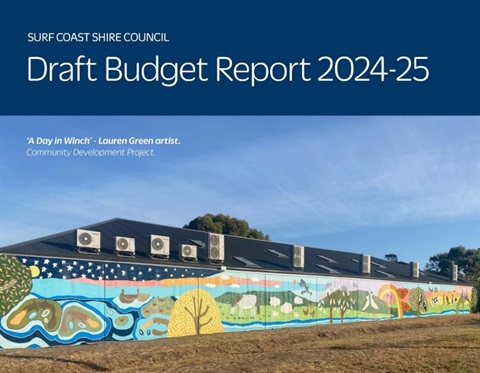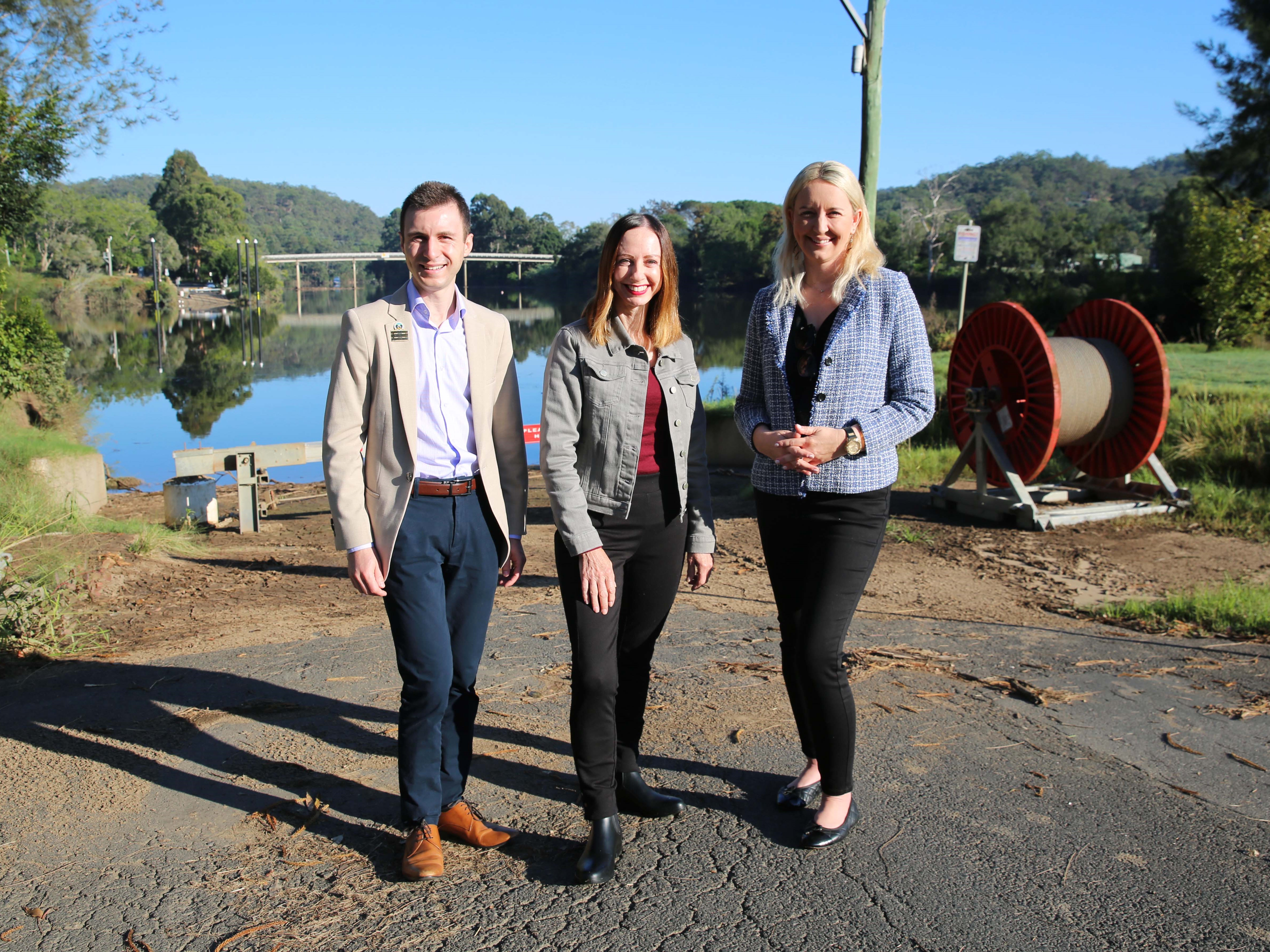Although it is still more than four months away, nearly one in three small businesses (29%) say that when the Federal Government’s JobKeeper program finishes at the end of March it will have a major impact on their business.
According to the November Sensis Business Index, the impact will be felt greater in metropolitan areas with 35% saying it will have a major impact compared with just 14% in regional areas.
Sensis CEO John Allan said the biggest impact will be felt in Victoria and Queensland. “35% of small businesses in those two states said the loss of JobKeeper would have a major impact. We were expecting Victorian businesses to take a hit but were surprised that Queenslanders also expect to be badly affected,” he said.
The Sensis survey is of 500 business owners/managers across all states and across 10 business sectors. It was conducted by data insights platform Glow in the first weeks of November. 25% of the businesses survey had 50 employees or more and 59% of businesses had been operating for more than 10 years.
“The sector expecting the biggest impact at the loss of JobKeeper is the Wholesale sector – so those businesses that keep Australia’s small businesses supplied. 42% said it would have a major impact, followed by Manufacturing at 40% and Retail at 32%.”
The Hospitality sector again showed its resilience with just 22% saying it would have a major impact. Construction believes it will be least impacted at just 12%.
53% of all businesses said the loss of JobKeeper would have a moderate effect with nearly one in five (18%) saying it will make no difference. 27% of Queensland businesses said it would have no impact followed by Tasmania and the ACT at 25%. 22% of businesses in Hospitality and 11% in Retail said it would make no difference.
An estimated 3.5 million Australians have been paid JobKeeper, equivalent to one in four workers.
Sales under Covid-19
Since the pandemic started 13% of Victorian businesses have lost more than 80% of their sales. 26% have lost 50% or more. Overall, 15% of businesses reported having lost 50% or more in sales.
However, for 20% of businesses there has been no change to sales with 29% increasing sales by 10% or more – again showing how two-paced the economy is.
How long take your business to recover to pre Covid-19 levels?
Already nearly one-third of Australian businesses (30%) say their business is back to its pre Covid-19 levels with a further 12% reporting that they are well ahead.
“Of course not all are doing well,” said Mr Allan. “14% surveyed said it will take them three months to return to pre Covid-19 levels, 15% will take six months, 14% will take 12 months and 14% more than a year.
“Regional businesses are doing slightly better than their city counterparts with 15% of regional businesses saying they were well ahead compared to 11% in metropolitan areas.”
The Tasmanian economy is doing well with 21% of businesses on the Apple Isle saying they are well ahead from pre Covid-19 with Western Australia and Queensland at 15%. As expected, Victoria was at just 7% and NSW at 11%.
Victoria also lagged in the back to pre Covid levels with just 21% of businesses in that position – the lowest of any state. The ACT was doing the best at 41% followed by South Australia at 36%, Queensland at 35% and Western Australia at 31%.
The 14% of businesses that say it will be more than a year to get back to pre Covid-19 levels saw the figure rise to 16% in Queensland, South Australia and Tasmania, 15% in Western Australia, 14% in Victoria, 10% in NSW and 5% in the ACT.
18% of Manufacturing businesses said they were well ahead of pre Covid-19 levels, with Wholesale at 17% and Retail and Transport both at 16%.
52% of Health and Community businesses are back to pre Covid-19 levels, with 44% in Finance and Insurance and 33% in Construction. Surprisingly, 20% of Hospitality businesses said they were back to pre Covid levels but 23% said they would not get to those levels for more than a year. Cultural and Recreational was also at 23% with Retail, Transport and manufacturing all at 16%.
Release Ends
About the November Sensis Business Index
The Sensis Business Index is Australia’s longest running survey of its kind having been established in 1995. The November 2020 SBI involved 508 business owners/managers.
· 20% had 1 to 2 employees with 25% having 50 employees or more.
· 59% of businesses had been operating for more than 10 years.
· 7% of respondents were aged 30 or under, 20% aged 31-40, 24% aged 41 to 50, 22% 51 to 60 and 26% 60 and over. 50% were male and 50% female.
· It was conducted via data insights platform Glow.
Ten industries were covered:
· Wholesale
· Health & Community Services
· Cultural and Recreational Services
· Manufacturing
· Transport/Storage
· Communications, Property and Business Services
· Construction/Building
· Retail trade
· Accommodation/Cafes/Restaurants
· Finance and Insurance


/news/gmp-ops-strategy-web-banner.tmb-768v.jpg?sfvrsn=3fe03d03_1)





